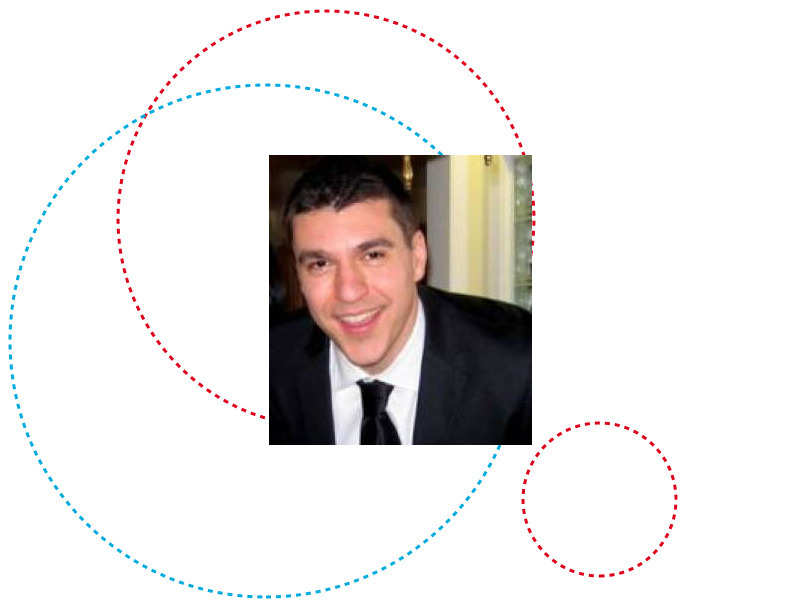Physics meets Biology Hybrid Colloquium
Abstract: Like all dynamic self-organised systems found in nature, the self-organised chemistry that initiated life would have been driven into existence by the non-equilibrium nature of its environment. This pre-life chemistry would have been enabled by natural catalysts such as minerals and metal ions. Due to the difficulty of making fundamental changes to a complex, highly interconnected system, this network of reactions, or proto-metabolism, would likely share many similarities with biological metabolism. Our team is reconstituting nonenzymatic metabolic processes and extrapolating from the results to identify the initial conditions that triggered self-organisation. This talk will discuss our experimental progress towards this goal.
About the speaker: Joseph Moran was born in Montréal, Canada in 1982. After completing his B.Sc. and a Ph.D. in synthetic organic chemistry in 2009 (Prof. André Beauchemin, University of Ottawa), he did postdoctoral work in biorthogonal chemistry (Prof. John Pezacki, NRC Canada) and transition metal catalysis (Prof. Michael Krische, University of Texas). He joined the University of Strasbourg’s ISIS institute as an Assistant Professor in 2012 and was promoted to Professor in 2018. The same year, he founded the University of Strasbourg’s Graduate School in Complex Systems Chemistry. His research interests lie at the interfaces of catalysis with prebiotic chemistry, organic synthesis, and light-matter interactions. He was named to the Institut Universitaire de France as a Junior Member (2021) and is a two-time ERC grantee (Starting Grant in 2014 and Consolidator Grant in 2020). His awards include the Forcheurs Jean-Marie Lehn Prize (2020), the C&EN Talented 12 (2018) and the Jean Normant Prize (2018).
